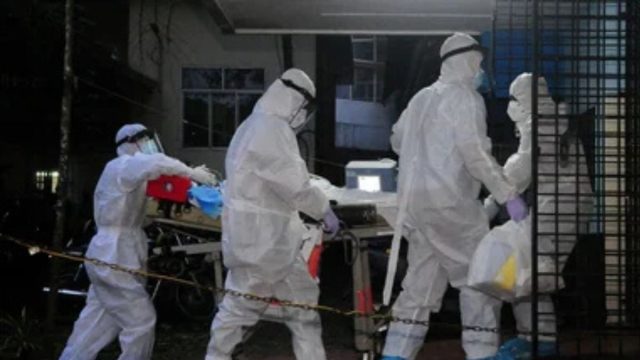Accusing the NDA-led Andhra Pradesh government of “neglecting” the handloom industry and “abandoning” important pre-election pledges, the YSRCP said Thursday that Chief Minister N Chandrababu Naidu’s administration had “betrayed the weaver community and pushed them into distress.”
Leaders of the YSRCP, such as Chillapalli Mohan Rao, Surendra Babu, and MLC Lella Appi Reddy, claimed that the government’s delay had made the situation for weavers worse. This followed Naidu’s pledges to assist weavers and revitalize the handloom industry on National Handloom Day.
According to a news release issued by the leaders, “Naidu and his administration have betrayed weavers by abandoning election promises, leaving the community in crisis,” According to Appi Reddy, the handloom industry received ₹3,700 crore in incentives under the previous YSRCP government, including ₹1.2 lakh for each of the 85,000 weaver households. Accusations of “making hollow and misleading promises” were made against the NDA coalition.
Even after 14 months in power, the current government has allegedly failed to execute programs like free electricity, GST reduction, and health insurance for weavers, according to the YSRCP leaders. IT Minister Nara Lokesh had pledged GST compensation, according to Surendra Babu, but the GST Council had not yet received a proposal to that effect.
He claimed that weavers were still subject to the same tax burden from the government. Additionally, he said that even six months after a formal order was issued, the promised free electricity system had not been put into action. The previous YSRCP government, according to Chillapalli Mohan Rao, increased the income of weavers and paid off ₹400 crore in debt owing by the Andhra Pradesh State Handloom Weavers Cooperative Society (APCO).
He went on to say that, in contrast to the “symbolic gestures” of the current administration, showrooms were also built under Jagan Mohan Reddy’s leadership. Promises made to weavers must be fulfilled immediately, the YSRCP stated, stating that “continued neglect would deepen the crisis in the sector.”




